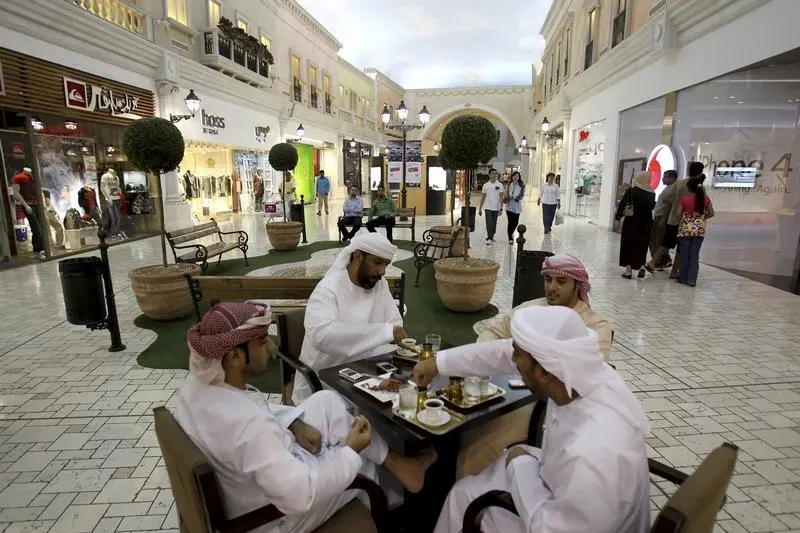PHOTO
Seeing youths across the Arab world hang out in cafes all day makes me wonder how the region’s governments can better release youths’ energy and ideas by providing them with genuine employment opportunities. Do these youths agree with their nations’ doctrines, or do they harbor different beliefs? Are they happy to be unproductive citizens?
The youth challenge is extensive and exists in all Arab nations. To neglect it is to magnify and compound it. A large segment of Arab youth is either unhappy with their jobs or does not earn enough money to have a family; most suffer from both issues. Our work culture in general is not rewarding to young people, morally and materialistically.
Meanwhile, learning about Western work culture, with its higher wages and decent employment environment, tempts Arab youths to look up to Western society and seriously consider immigration. The Arab youth struggle stems from the combination of our education systems and work culture on one hand, and exposure to the more appealing and rewarding Western society on the other.
The work culture gap in Arab nations is widening because our youths’ ambitions conflict with the reality of the work market, which does not support their dreams. This has resulted in youths condemning many of our cultural traits, and distancing themselves from their Arab identity.
What our parents and grandparents used to do proudly for decades is no longer of interest to Arab youth. Yet Arab job market dynamics continue to operate according to the old-fashioned approach of older generations, who often accuse our youth of being immature and unwilling to assume responsibility.
Our governments’ failure to capitalize on the latest technologies and modern workplace trends is further complicating the problem and widening the gap between generations. This is causing youths to intensify their condemnation of our work environment and to admire the Western lifestyle even more.
Many young Arabs who dream of living and working in Europe are not only interested in earning better incomes; they also want to enjoy the decent work environment that Western nations offer, and that rarely exist in our region. This is moving many of them to either completely accept Western social culture, or to reap the benefits of the Western work environment while struggling with their social life.
This dilemma has negatively affected Arab identity, which is turning into a blend of Arab heritage with a veneer of some Western norms. Abiding by cultural identity is a personal choice that cannot be imposed by governments. Nevertheless, the employment struggle in the Arab world has affected our identity. For instance, Arab cultural values that Western nations used to admire (such as personally caring for elderly relatives) are fast eroding.
Nations tend either to abide by their own cultures (while discarding all others), or to emulate foreign cultures completely. Yet many young Arabs tend to copy Westerners’ social and leisure customs, but ignore the latter’s strong commitment to work and being productive citizens.
We need to modernize our work culture while maintaining our identity. This will require open-minded, modern leaders that value this concept and are willing to apply it.
Arab culture has many positive traits that are overshadowed. To maintain our identity, we need to modernize our work environment. Unfortunately, our growing population drains any effort made in this regard. So we need to tackle our population and employment challenges using a different method than the ones that have failed us for decades. Neglecting these challenges will result in erasing our identity over time. This has already started to happen.
By Mohammed Nosseir
Mohammed Nosseir, a liberal politician from Egypt, is a strong advocate of political participation and economic freedom.





















